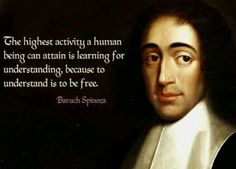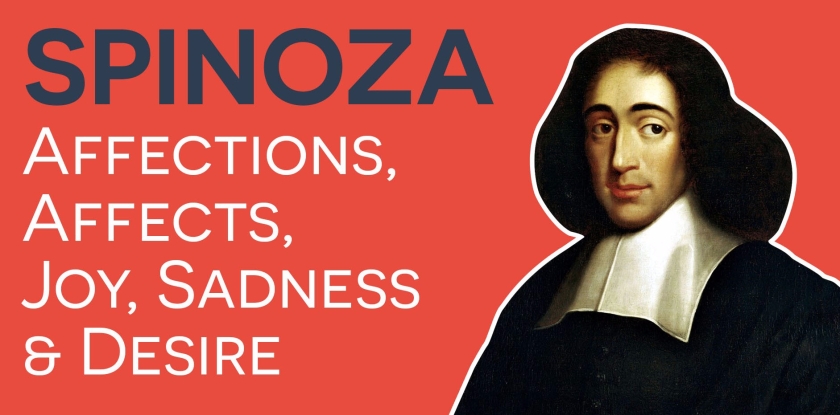Atherton, J. S., 2013. Learning and Teaching; SOLO taxonomy. [Online]
Available at: http://www.learningandteaching.info/learning/solo.htm
[Accessed 24th January 2016].
Deleuze, G., 1988. Spinoza Practical Philosophy. 2nd ed. San Francisco: City Lights.
Education Endowment Foundation, 2016. Collaborative Learning. [Online]
Available at: https://educationendowmentfoundation.org.uk/evidence/teaching-learning-toolkit/collaborative-learning/
[Accessed 8th May 2016].
Education Endowment Foundation, 2016. Meta-cognition and self-regulation. [Online]
Available at: https://educationendowmentfoundation.org.uk/toolkit/toolkit-a-z/meta-cognitive-and-self-regulation-strategies/
[Accessed 30th January 2016].
Educational Endowment Foundation, 2016. Collaborative Learning. [Online]
Available at: https://educationendowmentfoundation.org.uk/evidence/teaching-learning-toolkit/collaborative-learning/
[Accessed 28th April 2016].
Forster, E. M., 1910. Howard’s End. 1st ed. London: Edward Arnold.
- Deleuze, F Guattari, 1988: 2013. A Thousand Plateaus. London: Bloomsbury.
Goleman, D., 2016. Emotional Intelligence. [Online]
Available at: http://www.danielgoleman.info/topics/emotional-intelligence/
[Accessed 31st January 2016].
Inside Out. 2015. [Film] Directed by Pete Docter. US: Pixar Disney.
Jarrett, C., 2007. Spinoza: A Guide For The Perplexed. 1st ed. London: Continuum Publishing Group.
Lord, B., 2010. Spinoza’s Ethics. 1st ed. Edinburgh: Edinburgh University Press.
Perkins-Gough, D., 2013. The Significance of Grit: A Conversation with Angela Lee. [Online]
Available at: http://162.230.210.194/RandD/Educational%20Leadership/Significance%20of%20Grit%20-%20Duckworth.pdf
[Accessed 5th May 2016].
Rousseau, J.-J., 1752: 1979. Emile or On Education. London: Penguin.
- Lutz, W. Huittz, 2004. Connecting cognitive development and constructivism: Implications from theory for instruction and assessment. Constructivism in the Human Sciences, 9(1), pp. 67-90.
Spinoza, B. D., 1994a. Ethics. London: Penguin Books.
Spinoza, B. d., 1994b. A Spinoza Reader: The Ethics and Other Works. 1st ed. Princeton: Princeton University Press.
Spinoza, B. D., 2008. On Blood and Lymph: Spinoza’s Letter 32, summary. [Online]
Available at: http://piratesandrevolutionaries.blogspot.com/2008/12/on-blood-and-lymph-spinozas-letter-32.html
[Accessed 16th February 2016].
Spinoza, B. d., October, 1674. Selected Correspondence: Letter 62 (58) Spinoza to G. H. Schaller: [Spinoza gives his opinions on liberty and necessity. (The Hague.]. [Online]
Available at: http://www.faculty.umb.edu/gary_zabel/Courses/Spinoza/Texts/Spinoza/let6258.htm
[Accessed 16th February 2016].
The Pervert’s Guide To Ideology. 2012. [Film] Directed by Sophie Fiennes. UK: Zeitgeist Films.
Truebridge, S., 2010. Resilience, Research, and Educational Reform. [Online]
Available at: http://www.wholechildeducation.org/blog/resilience-research-and-educational-reform
[Accessed 18th February 2016].
Victoria State Government, 2014. Literacy Professional Learning Resource – Key Concepts – AusVELS Levels 7 to 10 – Zone of Proximal Development and Scaffolding. [Online]
Available at: http://www.education.vic.gov.au/school/teachers/teachingresources/discipline/english/proflearn/Pages/velszopds56.aspx
[Accessed 27th February 2016].
Watkins, C., 2003. Learning A Sense Maker’s Guide. [Online]
Available at: https://www.ioe.ac.uk/about/documents/Watkins_03_Learning.pdf
[Accessed Sunday January 2016].
Watkins, C., 2010. Learning, Performance and Improvement. INSI Research Matters, Issue 3, pp. 1-16.
Weber, M., 1930: 1992. The Protestant Ethic and the Spirit of Capitalism. London: Routledge.
Žižek, 2010. Zizek on injunction to enjoy – psychoanalitic view. [Online]
Available at: https://www.youtube.com/watch?v=yaoC1Ts9-VE
[Accessed 13th April 2016].






